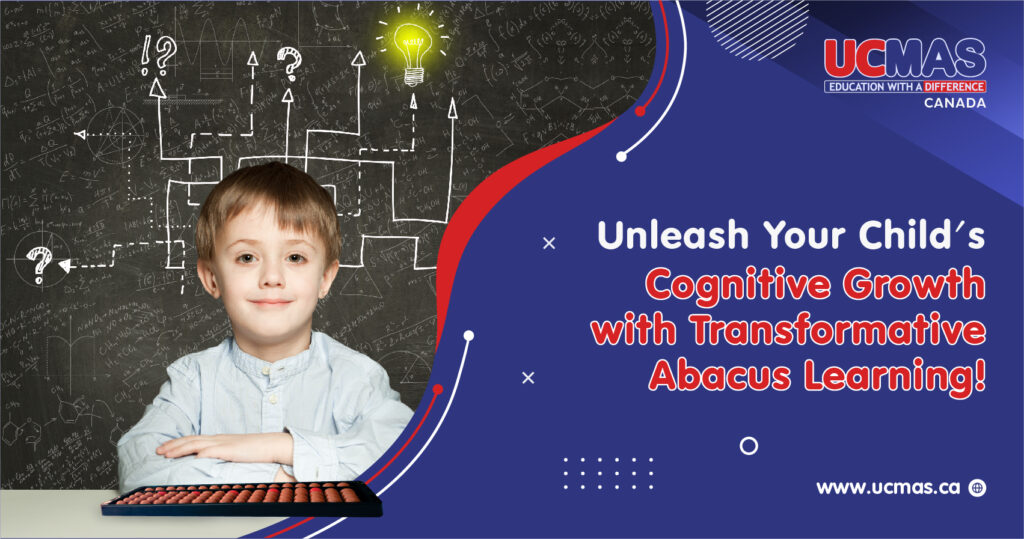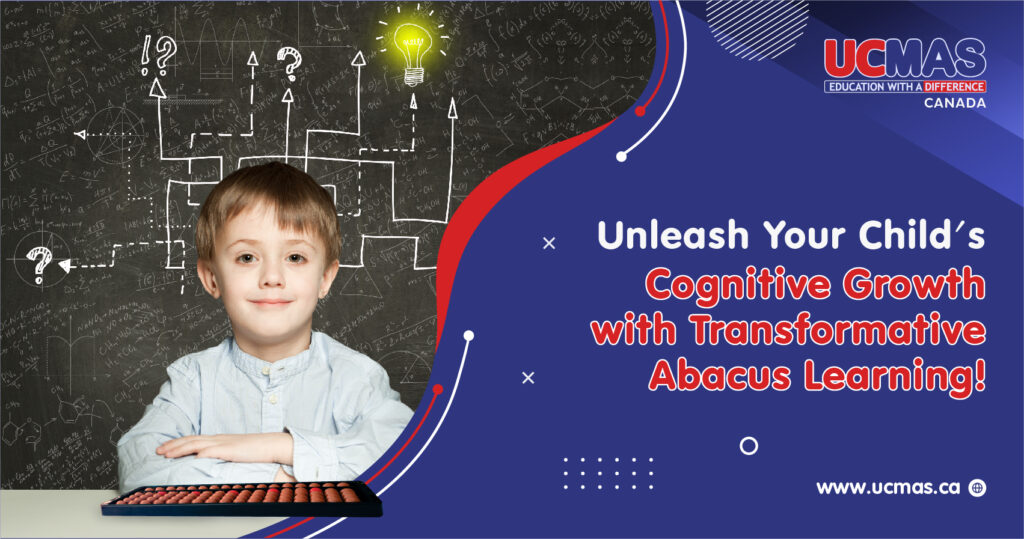
Math learning is very much important for children as it lays the foundation for a wide range of essential skills. Firstly, it develops critical thinking and problem-solving abilities. It teaches children to approach problems logically, analyze information, and apply appropriate strategies to find solutions. Moreover, math promotes precision and attention to detail, enhancing a child’s ability to make accurate calculations and interpretations.
Additionally, math equips children with practical skills applicable to everyday life, such as managing money, measuring quantities, and understanding patterns and statistics. Furthermore, it fosters creativity by encouraging children to think outside the box and explore different approaches to problem-solving. Overall, math learning empowers children with the tools to excel academically, make informed decisions, and navigate our increasingly complex world.
Here are some Child Development Math Facts:
- Mathematical Skills Develop Gradually : Children’s mathematical abilities develop over time, starting from basic counting and number recognition and progressing to more advanced concepts like addition, subtraction, multiplication, and division. The concept of addition, subtraction, multiplication, and division can be taught to children in a more engaging manner by using tools like the abacus.
- Early Math Skills are Crucial : Research suggests that early math skills are strong predictors of later academic success. Children who have a solid foundation in math at a young age are more likely to excel in other subjects and have better problem-solving abilities. To have a strong and solid foundation in math from a young age, children can practice abacus math, which involves more hands on learning.
- Promotes Critical Thinking : Math encourages children to think logically, analyze situations, and apply problem-solving strategies. It helps them develop critical thinking skills, logical reasoning, and the ability to think abstractly.
- Improves Spatial Awareness : Mathematical concepts involve understanding patterns, shapes, and spatial relationships. By learning math, children enhance their spatial awareness and develop skills required for tasks like reading maps, understanding graphs, and recognizing geometric shapes.
- Math Fosters Cognitive Development : Engaging with mathematical concepts stimulates cognitive growth in children. It helps improve memory, attention, and concentration. Math activities also enhance brain connectivity and promote the development of neural pathways associated with logical thinking.
Importance of Abacus Learning
- Lays a Strong Foundation in Number Sense: Abacus learning provides children with a concrete representation of numbers, helping them develop a solid understanding of the base-ten number system. They learn to manipulate physical beads on the abacus, which strengthens their number sense and numerical fluency.
- Mental Calculation Skills : Abacus training promotes mental calculation abilities by enabling children to visualize and manipulate numbers mentally. As they advance in their abacus skills, children can perform complex calculations mentally, improving their speed and accuracy in arithmetic.
- Enhances Problem-solving Abilities : Abacus learning enhances children’s problem-solving skills, encouraging them to approach mathematical problems systematically, breaking them down into smaller, manageable steps. The abacus serves as a tool for problem-solving, fostering logical thinking and analytical skills.
- Improved Concentration and Focus :Manipulating the abacus requires concentration and focus. Through regular practice, children develop the ability to concentrate for extended periods, leading to improved attention spans and heightened focus in other areas of their lives as well.
- Boosts Confidence and Self-Esteem : Mastering abacus skills instills a sense of accomplishment in children. As they see their progress and become proficient in mental calculations, their confidence and self-esteem grow. They perform better academically overall as a result of this confidence, which goes beyond math.
- Multisensory Learning Experience : Abacus learning engages multiple senses, including visual, tactile, and kinesthetic. This multisensory approach enhances children’s understanding and retention of mathematical concepts. It caters to different learning styles and provides a more comprehensive learning experience.
- Transferable Skills : The skills acquired through abacus learning, such as mental calculation, problem-solving, concentration, and critical thinking, can be applied to various aspects of life beyond mathematics. These skills become valuable assets as children tackle challenges in other subjects and real-world situations.
It’s important to note that while abacus learning can be beneficial for many children, different individuals may respond differently to various learning approaches. Hence UCMAS provides an easy to learn abacus learning technique which is divided into levels which are more suitable for each child’s unique learning ability.
Unlock your child’s potential with the UCMAS abacus learning program! Give your child the gift of enhanced math skills and cognitive development. Our program combines the power of abacus learning with comprehensive math education, providing your child with a strong foundation in numeracy and problem-solving abilities. Watch as their confidence soars, concentration sharpens, and mental calculation skills skyrocket. Invest in their future today and witness the transformative impact of UCMAS on their academic success and overall growth. Enroll your child in UCMAS and open the door to endless possibilities in math and beyond!






